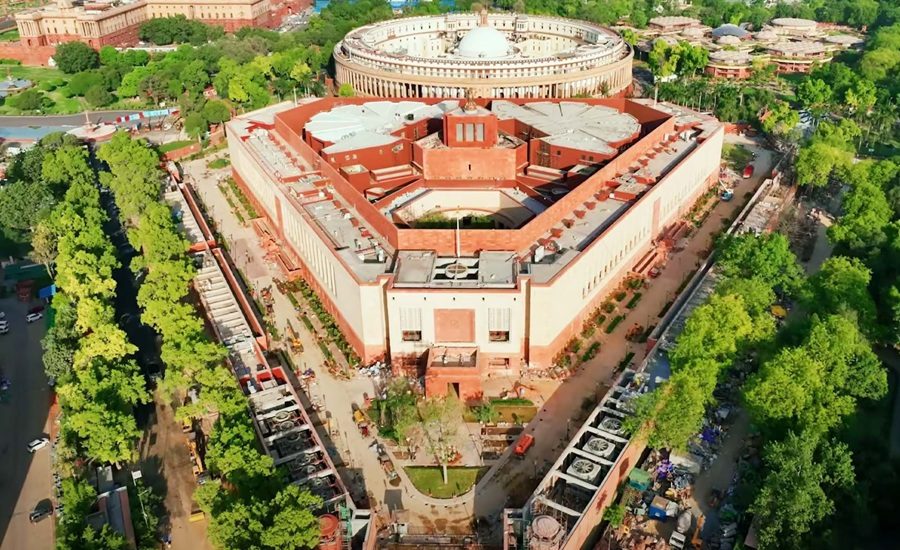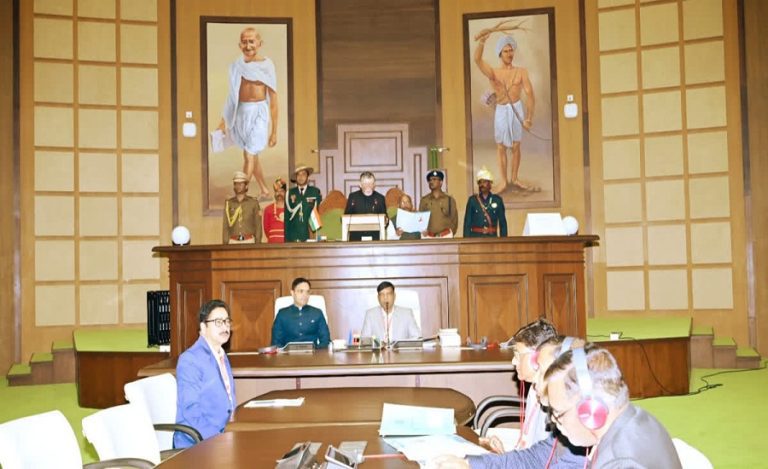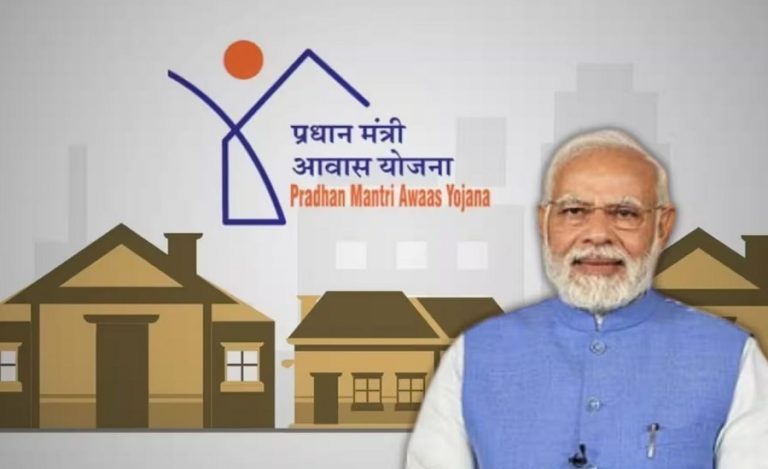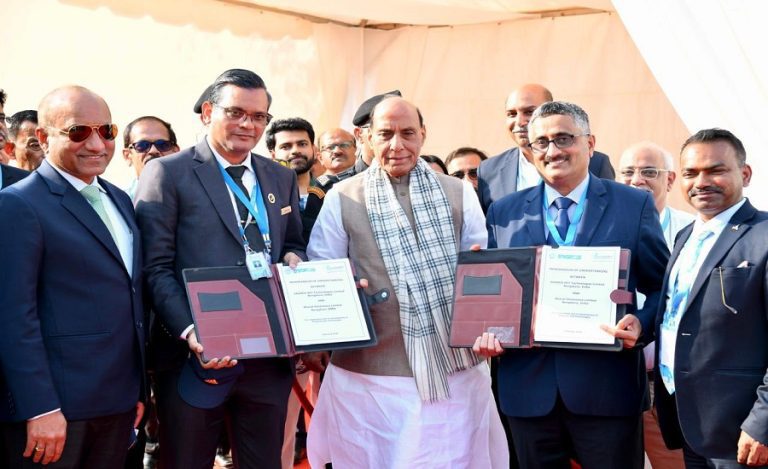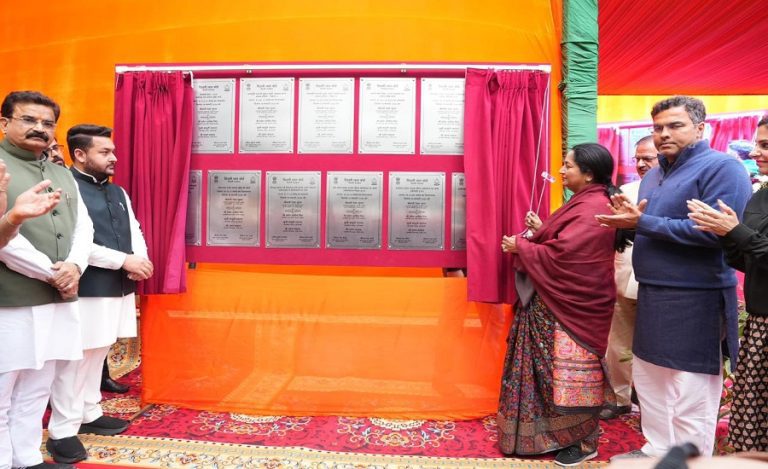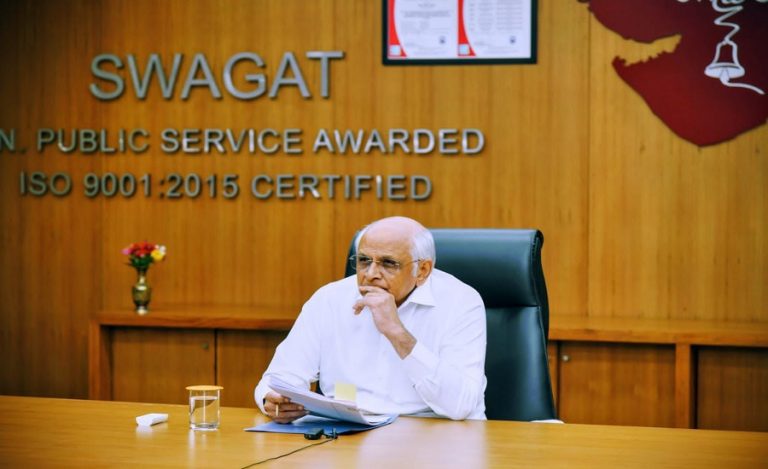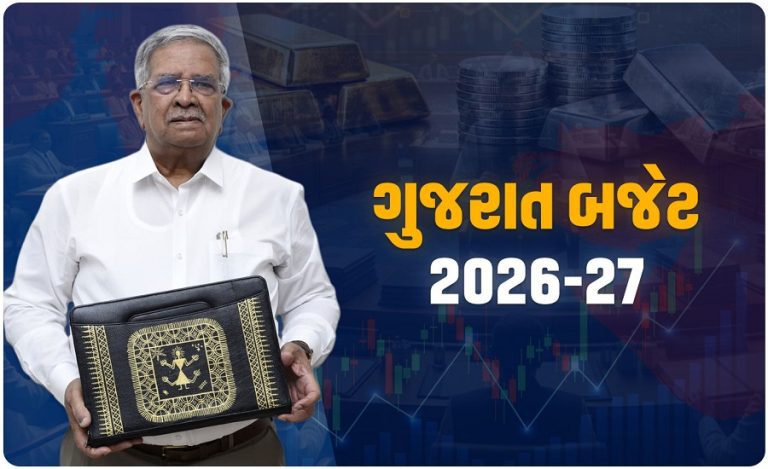New Delhi: In a decisive step toward greening India’s transport sector and reinforcing its circular economy agenda, the Ministry of Environment, Forest and Climate Change (MoEF&CC) has operationalised the Environment Protection (End-of-Life Vehicles) Rules, 2025, laying down an extensive framework for environmentally sound management of End-of-Life Vehicles (ELVs) under the Extended Producer Responsibility (EPR) regime.
Announced via notification S.O. 98(E) dated 6th January 2025, the rules mandate vehicle producers to take responsibility for scrapping and environmentally responsible disposal of ELVs introduced into the Indian market—including their own vehicles used for self-purposes.
This information was provided by Union Minister of State for Environment, Forest and Climate Change, Kirti Vardhan Singh, in a written reply in the Lok Sabha.
Scope and Applicability
The rules cover all categories of transport and non-transport vehicles, with exclusions limited to agricultural equipment such as tractors, trailers, harvesters, and tillers. Starting FY 2025–26, producers are required to meet annual scrapping targets based on vehicles sold 15 years ago for transport vehicles and 20 years ago for non-transport vehicles.
Operational Ecosystem: RVSFs and Collection Centres
The new regulatory framework empowers Registered Vehicle Scrapping Facilities (RVSFs) as pivotal nodes for de-polluting, dismantling, segregating, and scrapping ELVs. RVSFs are tasked with ensuring proper recycling or refurbishing of recovered materials via registered recyclers, co-processors, or, in the case of non-recyclable waste, approved Hazardous Waste Treatment Facilities under the 2016 Hazardous Wastes Rules.
Producers must establish and publicise designated Collection Centres, including their sales and service outlets, to receive ELVs from registered vehicle owners or bulk consumers. The owner must deposit ELVs within 180 days of vehicle expiry, ensuring accountability and traceability in the end-of-life process.
Centralised Compliance, Audits & Enforcement
To institutionalise oversight, CPCB and respective State Pollution Control Boards (SPCBs) are mandated to register all entities—producers, RVSFs, and bulk consumers—through a centralised online portal. Additionally, all parties must file annual returns on EPR compliance.
Non-compliance may result in suspension or cancellation of registration, and violators will be held liable to pay environmental compensation for damage to public health or the ecosystem. CPCB and SPCBs are authorised to conduct periodic inspections, audits, and take enforcement action where required.
Multi-Stakeholder Governance Mechanism in Place
To ensure seamless coordination, the MoEF&CC has constituted a high-level Implementation Committee chaired by the Chairman of CPCB, with representation from relevant Ministries, producers, recyclers, and scrapping facilities.
This rule aligns with broader cross-ministerial frameworks including:
- MoRTH’s Voluntary Vehicle Fleet Modernization Program (V-VMP) aimed at phasing out obsolete and polluting vehicles.
- Motor Vehicles Scrapping Facility Rules, 2021, and Central Motor Vehicles (21st Amendment) Rules, 2021, providing mechanisms for automated vehicle testing, registration, and controlled scrapping.
- Steel Scrap Recycling Policy, 2019, under the Ministry of Steel, to promote eco-friendly recycling of ferrous material.
- CPCB’s 2023 Guidelines for environmentally sound ELV recycling and dismantling operations.
Towards Sustainable Mobility and Circular Economy
The ELV Rules, 2025 represent a convergent national effort to tackle vehicular pollution, improve road safety, unlock urban space, and reclaim valuable raw materials. By embedding EPR as a legal obligation and creating a traceable value chain from user to recycler, India moves closer to its Viksit Bharat @2047 vision with sustainability at the core.
Also Read: Kaziranga Buffer Zone Under Watch; Centre Acts on Eco-Sensitive Diversions, Illegal Mining, and Wildlife Safety | Parliament Question’s Answer

